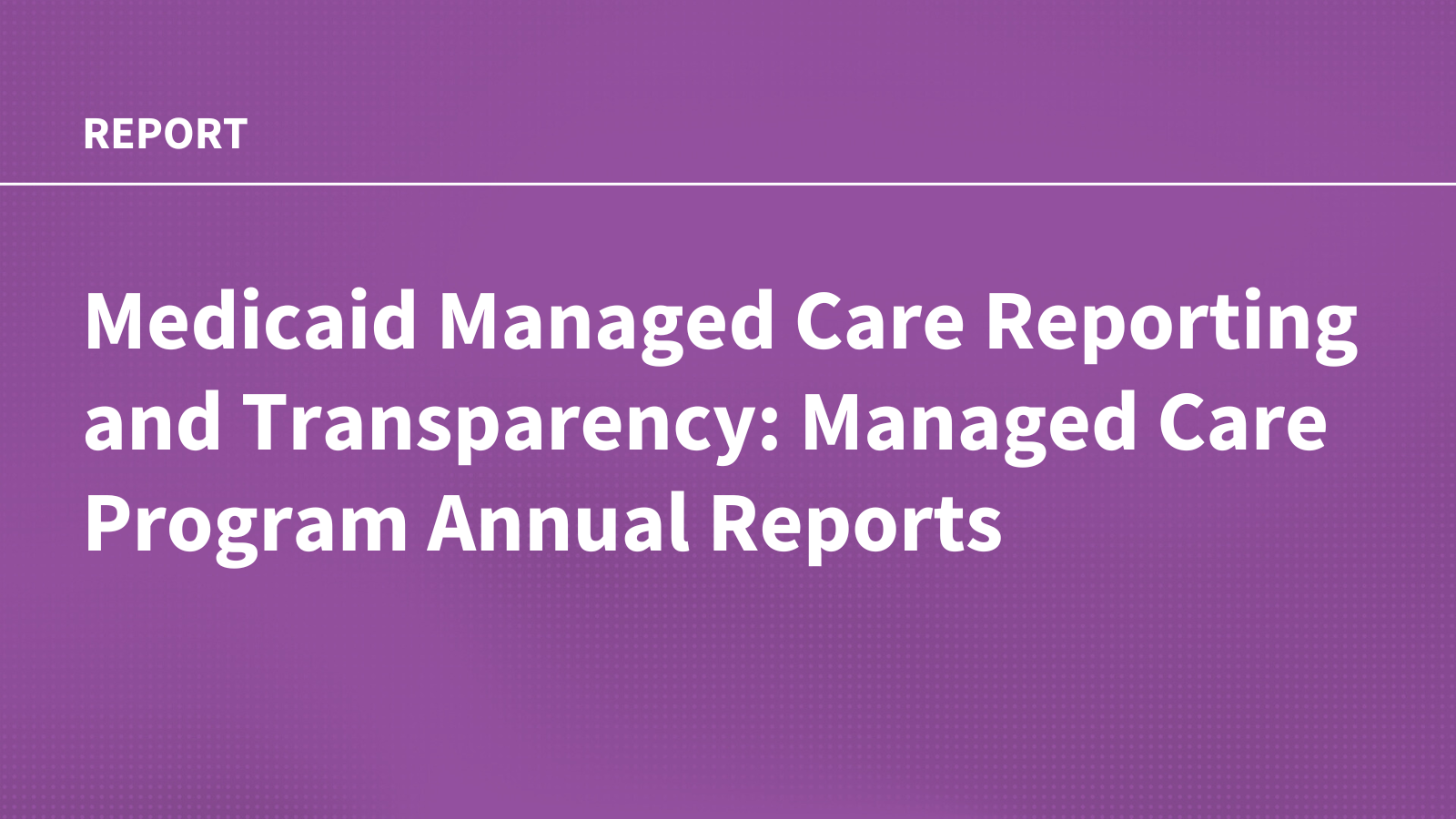AI in Healthcare: Gaining Momentum in 2024
Artificial Intelligence (AI), instrumental in many healthcare trends of 2023, promises to dramatically gain momentum in 2024, with increased use of transformative technologies that have applications across the healthcare industry, from the way pharmaceuticals are developed and patients are treated to the commercial side of the business.
AI is already used in healthcare for end-to-end drug development, helping to diagnose patients, improving physician-to-patient communication, transcribing and organizing medical files and images, and treating patients remotely.
In 2024, generative AI and machine learning tools, in particular, will be a driving force in healthcare and have virtually limitless applications, including:
- AI can make it easier to implement and interpret diagnostic results and generate personalized recommendations. The creation of tailored treatment plans for individual patients, i.e., personalized or precision medicine, has its most advanced applications in genomics, where the analysis of patients’ DNA is used to diagnose and treat diseases, particularly chronic illnesses, and to create medicines that can be personalized down to the molecular level.
- Virtual assistants and chatbots can help both clinicians and patients by providing advice on treatments, drug availability, connecting to electronic health records and the resources to make informed decisions about care, schedule appointments, and keep track of prescriptions and needed medical visits.
- Telemedicine, wearable, connected devices and virtual reality are predicted to grow, allowing for increased delivery of holistic care beyond simple remote medical consultations. This should prove beneficial for helping to keep elderly populations in their homes and provide greater access to care for people in remote locations.
- Many pharmaceutical companies have invested in using AI for drug development of major diseases (cancer, diabetes, cardiovascular disease, etc.), but development of models for diagnosing rare diseases has not kept pace. This is an area that may see more activity moving forward. However, development of models for diagnosing neglected tropical diseases (malaria and tuberculosis) and rare diseases remains largely unexplored.
Generative AI relies on the availability of large quantities of high-quality data. As the use of AI continues to grow, healthcare companies need to be cognizant of addressing patient consent and privacy issues, as well as ethical and unbiased data collection and modeling. Likewise, communicators need to be mindful of conveying the benefits of AI to their company’s stakeholders, as opposed to simply the “me too” adoption of the technology. This is particularly important as AI remains an emerging technology that is unfamiliar to many. In particular, healthcare providers, the target customer of many healthcare technology companies, are notoriously slow adopters of new technology and will need to be brought along.
This article first appeared on ICR Insights.
Publisher: Source link










